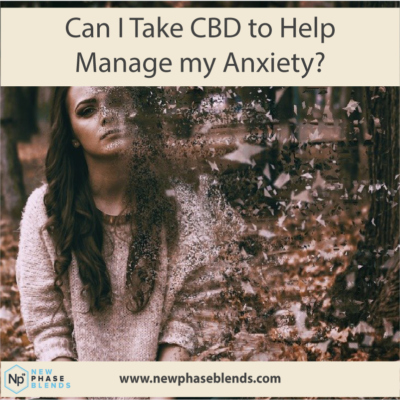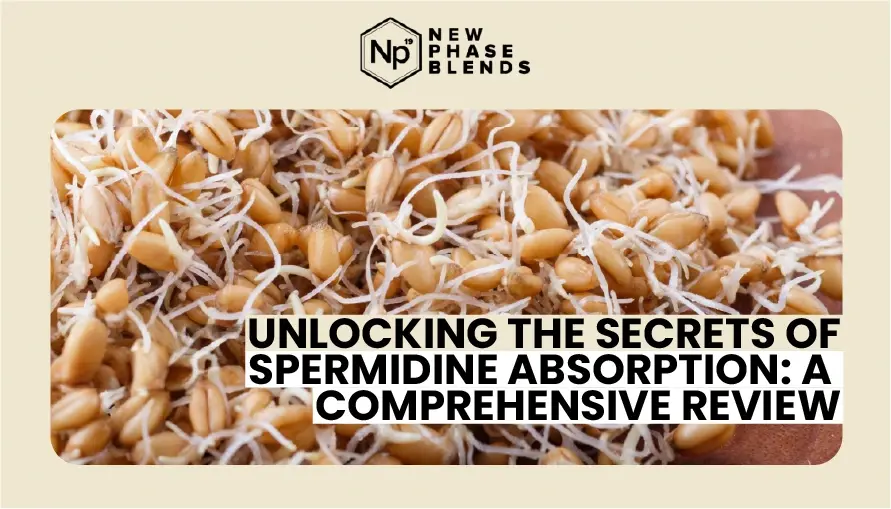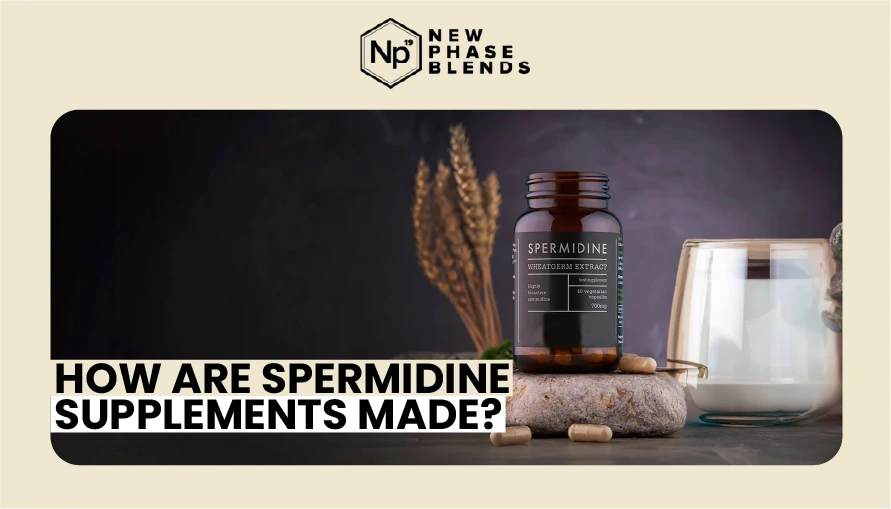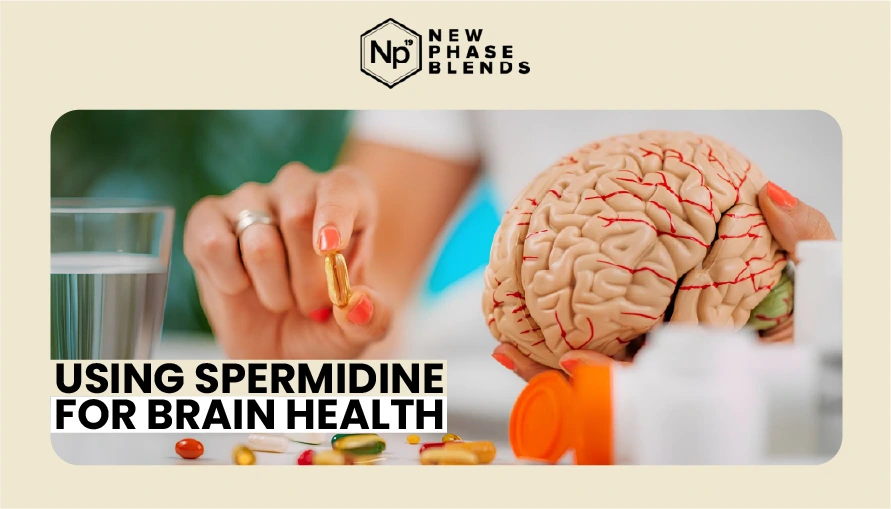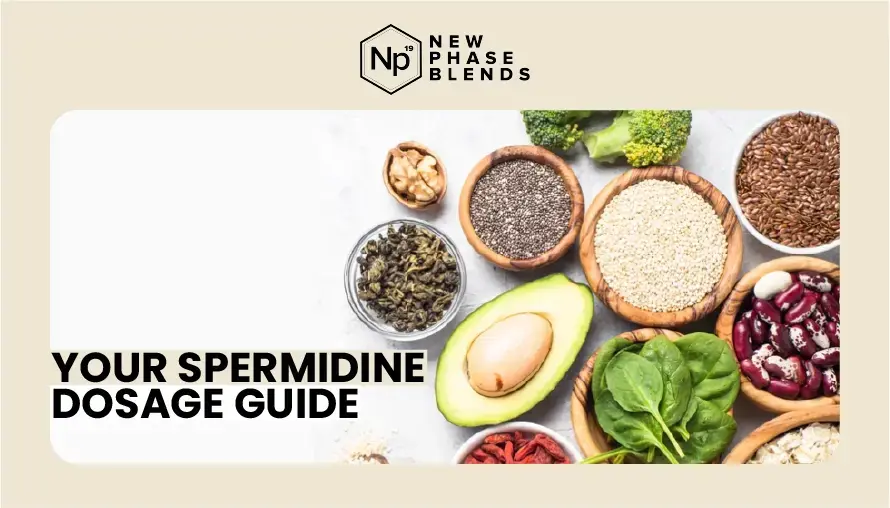As interest in alternative wellness solutions to anxiety and panic attacks grows, using CBD for anxiety management has gained a significant amount of attention. But does CBD really work in lowering anxiety levels? Can it provide relief without the side effects of traditional medications? Anxiety affects hundreds of millions of people worldwide, with many seeking natural remedies to alleviate symptoms. CBD may hold the answer.
In this guide, we’ll explore the science behind CBD and its effectiveness in managing anxiety. Drawing from real studies and expert insights, we’ll help you determine whether CBD is a viable solution for your anxiety concerns.
Is CBD Effective at Lowering Anxiety? What the Research Says
Scientific research on CBD and anxiety is still evolving, but multiple studies indicate promising results. A 2011 study published in Neuropsychopharmacology found that CBD significantly reduced social anxiety in individuals with Social Anxiety Disorder (SAD) during a public speaking test (Bergamaschi et al., 2011). Another study published in The Permanente Journal in 2019 reported that 79% of participants experienced decreased anxiety scores within the first month of CBD use (Shannon et al., 2019).
A 2020 review published in the Journal of the American Pharmacists Association concluded that CBD shows potential for treating generalized anxiety disorder (GAD), PTSD, and social anxiety, though more large-scale studies are needed (Skelley et al., 2020). While responses to CBD vary based on individual physiology, dosage, and the severity of anxiety symptoms, these findings indicate that CBD could be a beneficial tool in managing anxiety.
How CBD Interacts with the Brain
CBD interacts with the endocannabinoid system (ECS), which plays a crucial role in regulating mood, stress, and emotional responses. Unlike THC, CBD does not induce a high but rather influences receptors associated with anxiety regulation, including CB1 and CB2 receptors and serotonin receptors. Studies have shown that CBD affects serotonin regulation by interacting with 5-HT1A receptors, which are linked to mood stabilization (Blessing et al., 2015).
Additionally, some research suggests that CBD lowers cortisol levels, helping to reduce stress responses (Shannon et al., 2019). Another mechanism includes CBD’s ability to enhance GABA activity, the brain’s primary inhibitory neurotransmitter, promoting relaxation.
Understanding Anxiety and Its Impact
Anxiety disorders are among the most common mental health conditions, affecting approximately 40 million adults in the U.S. alone. Symptoms can range from mild worry to debilitating panic, often interfering with daily life. Traditional treatments include therapy and medication, but not everyone responds well to these options.
This has led to increased interest in natural alternatives, including cannabidiol (CBD), a non-psychoactive compound found in cannabis. But can you use CBD to help anxiety? Let’s examine the science.
How Much CBD to Take for Anxiety?
While there is no universal dosage of CBD to treat anxiety, research suggests starting with a low dose and gradually increasing until desired effects are achieved. For mild anxiety, studies recommend 20-40 mg per day, while moderate anxiety cases may require 35-70 mg, daily.

Severe anxiety or panic attacks may respond to higher doses of CBD, typically in the range of 50-100 mg per day (Blessing et al., 2015). Individual factors such as body weight, metabolism, and the severity of anxiety should be considered before determining the appropriate dose. Check out our article on how much CBD to take for anxiety for more information.
How Long Does CBD Take to Work on Anxiety?
The onset time of CBD effects depends on the method of consumption. Sublingual administration through oils and tinctures typically results in effects within 15-45 minutes. Edibles, such as capsules and gummies, take longer to work, often between 30-90 minutes, due to digestion.
Inhalation methods, such as vaping, provide the fastest relief, often within 5-10 minutes (Huestis, 2007). For ongoing anxiety relief, daily supplementation may provide cumulative benefits over time. The frequency of use and consistency play a crucial role in determining how effectively CBD manages anxiety symptoms. Individuals who take CBD regularly may experience a steady reduction in baseline anxiety levels.
Additionally, factors such as metabolism, body weight, and the presence of food in the stomach can influence how quickly CBD takes effect, making it important for users to experiment with timing and dosage to find their optimal regimen.
Using CBD for Panic Attacks and Anxiety Attacks
Panic attacks and anxiety attacks can be overwhelming, causing sudden feelings of fear, rapid heart rate, and difficulty breathing. Many individuals seek fast-acting solutions to manage these episodes, and CBD is being explored as a potential remedy.
Research suggests that CBD may help reduce the severity of panic and anxiety attacks by promoting rapid relaxation through its interaction with the nervous system (Blessing et al., 2015). Additionally, CBD has been shown to regulate stress hormones like cortisol, which spike during panic attacks (Shannon et al., 2019).
For effective use, some individuals incorporate CBD as a preventative measure, using it daily to maintain stable anxiety levels. Choosing fast-acting delivery methods, such as tinctures, vapes, or sublingual oils, can provide quicker relief compared to edibles. Combining CBD with breathing exercises and meditation may further enhance its relaxation effects.
While promising, CBD should not replace emergency medical care in severe panic attacks. Always consult a healthcare provider before making significant changes to your anxiety management plan.
Common Misconceptions About CBD and Anxiety
A common misconception is that CBD works instantly for everyone. While some people notice immediate effects, others require consistent use over weeks to experience benefits (Skelley et al., 2020). Another misconception is that higher doses always yield better results.
Some studies suggest that moderate doses are more effective than very high doses, highlighting the importance of individualized dosing (Blessing et al., 2015). Additionally, concerns about addiction are unfounded, as the World Health Organization (WHO) has stated that CBD is non-addictive and has a low potential for abuse.
Choosing the Right CBD Product for Anxiety
Selecting the right CBD product is crucial for effectiveness. Full-spectrum CBD contains all cannabinoids, including trace amounts of THC (less than 0.3%), which may enhance its effects through the entourage effect. Broad-spectrum CBD includes multiple cannabinoids but is THC-free, while CBD isolate is pure CBD without other cannabinoids. Third-party testing ensures purity, potency, and safety, so always opt for lab-tested products.
The best method of consumption depends on individual needs. Oils and tinctures are ideal for fast relief and customizable dosing, while capsules and gummies provide convenience but take longer to work. Vaping is the fastest-acting method but may not be suitable for everyone.
Potential Side Effects and Considerations
While CBD is generally well-tolerated, some users may experience mild side effects, including dry mouth, drowsiness, changes in appetite, or digestive issues (Shannon et al., 2019). It is crucial to consult a doctor before using CBD, especially when taking other medications, as interactions may occur.
Final Thoughts: Should You Try CBD for Anxiety?
The research on CBD for anxiety is promising, with numerous studies supporting its potential benefits. However, individual results may vary. If you’re considering CBD, start with a low dose, choose high-quality products, and track your response over time. If traditional anxiety treatments haven’t worked for you, CBD could be a natural alternative worth exploring. Always consult a healthcare professional before incorporating CBD into your wellness routine.



